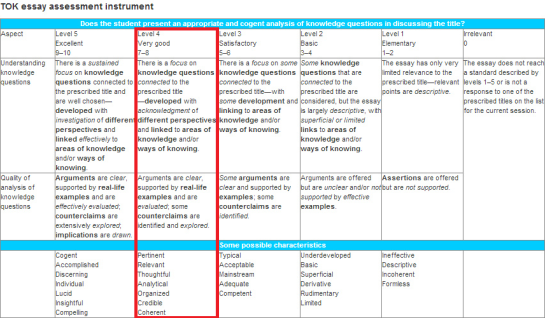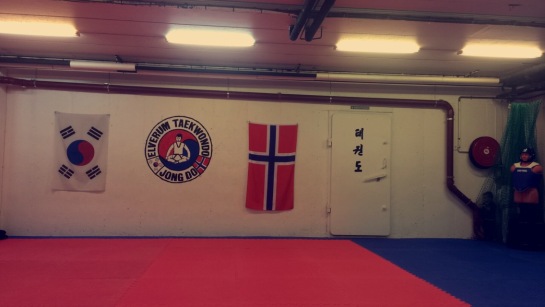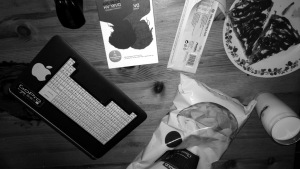To what extent does free will play a part in our decisions?
To write this essay, I am supposed to choose to describe a small and a major decision that were made recently. Moreover, try to find an explanation to the knowledge question “To what extent did free will play a part in your decision?” I will try to focus on the matter of nature vs nurture therefore, natural and human sciences as areas of knowledge; and multiple ways of knowing.
After great dwelling with my brain and the use of reason, and my emotions; choosing to describe the process of decision-making, is my example of the small decision for this essay. I chose that free willingly. But what does free will means? I could have chosen describing my decision of making spaghetti instead of rice; or choosing what to wear in a school day. That is the definition of freedom of will, taken from a libertarian point of view; it allows us to say “I could have chosen (and done) otherwise.” 1 Thus, making me morally responsible for my own actions.
When exploring the matter of free will when making choices; scientist Benjamin Libet conducted experiments to find out how much free will played a part in our actions. The experiment 2 showed that the brain already made the decision before the participants acted on it. Free will therefore plays no part in the process of decision-making; this claim goes against the libertarian concept of freedom of will.
How do I know if it was free will, which played a part in my decision? When nature contradicts my intuition of believing I have free will, intuition that was influenced by the way I was brought up; knowing that I always have a choice. How do I choose what to believe? Does free will play a part in choosing what to believe in? In some cases, it does.
Choosing the IB program was a major decision for me. However, it did not take too much thinking about it, or any process of decision-making really. From the moment, I heard about it from Mr Sjöholm, the decision was made. Nevertheless, when looking for what influenced this choice different justifications come up. Being at ease with what my school life could look like was the strongest way of knowing that what I was about to act upon was the right choice. Seeing that the IB would be a challenge compared to normal school system in Norway, reminded me of my prior experiences attending private schools in my home country. My memories played an important role in this decision.
At that point, it was not certain that the IB program would be available this school year. Though, I believed in Mr Sjöholm when he said it could. Faith does not rely on proof; it relies solemnly on who you are as person, and what you choose to believe in. Free will does play a part when it comes to choosing in what to believe or not. Some people will free willingly choose to believe in something without any proof, sometimes just because of how they feel about it, other times because they were told to. This goes both ways, some people will choose not believe in something even though there is proof. Faith not relying on proof makes it reasonable for people to believe, or not, in whatever they want; to a certain degree.
Just because our brain decided it first, does it mean that we do not have free will? When this argument is made, does the mind exists as something separated from the brain? If so, which one is the real us? Alternatively, are we another external something, a soul? On the other hand, are the brain and mind one and the same? Are we the combination of the two? If so, does nature determine the extent of free will in our actions or the lack of it? It is the environment around us and the adjustments our brain and/or mind made from past experiences?
I believe that free will plays a huge part in my decisions. The fact that I am responsible for what I choose to do and that it will have impacts on who I am as person, and what my future will be like, is reassuring and at the same time terrifying. Being the egocentric being that I am, everything is about me. That is why when choosing and making decisions, free will, will always play a part in my decision-making process. I will always choose what I find will fit me better. Although, of course, this does not apply to every human being in the planet; since psychology is not a precise science when referring to individuals, the degrees to which free will plays a role in people’s decisions will vary.
————————————————————————–
Grade: 8/10







 On week 45, I started reading a book called Darlah 172 timer på månen by Johan Harstad, it was recommended by a friend and it was nice to use the free time I could get on reading. The book is written in Norwegian, usually I don’t read books in Norwegian but it was good to learn new words and expressions.
On week 45, I started reading a book called Darlah 172 timer på månen by Johan Harstad, it was recommended by a friend and it was nice to use the free time I could get on reading. The book is written in Norwegian, usually I don’t read books in Norwegian but it was good to learn new words and expressions.